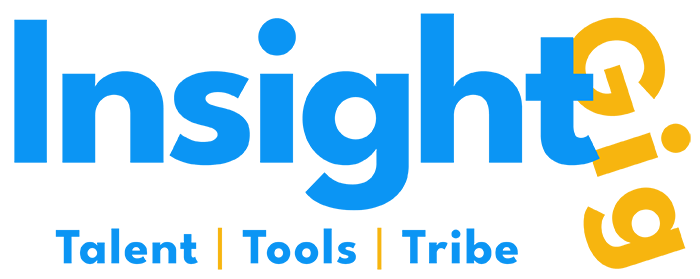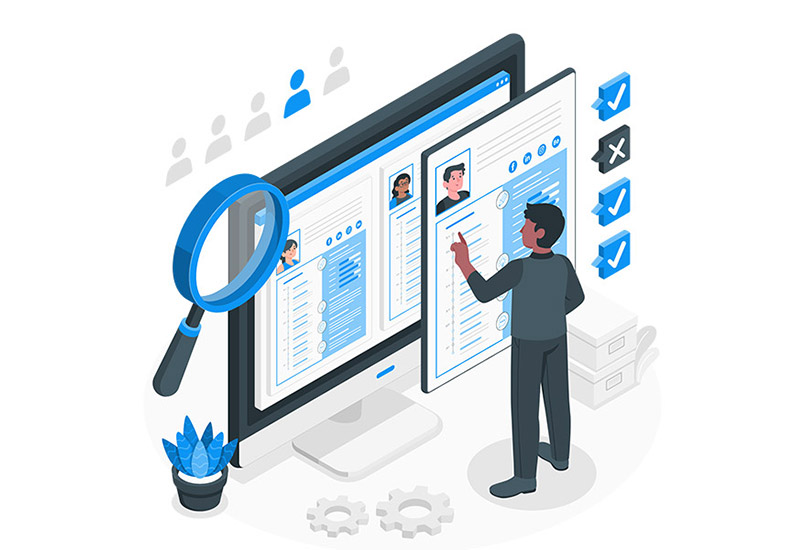Hiring Fractional Resources for Insight Teams: Our Learnings
The rise of fractional employment is unmistakable among Insight Teams. And it’s not merely a short term trend. It is a transformative force that is empowering organizations to access specialized skills without the constraints of a protracted commitment.
The Advantages of Fractional Teams are emphatic enough to be undeniable.
- Efficient Cost Dynamics
Fractional hiring presents significant strategic cost advantages over full-time employment. It helps employers optimize financial resources by only hiring when needed, and it allows insight experts the freedom to pursue parallel avenues of work.
- Flexibility and Scalability
Fractional roles allow insight teams to adapt effortlessly, responding to market demands with unparalleled agility.
- Augmenting Teams with Niche Skills
The strength of fractional employment allows teams to bring on board niche expertise when required.
- Working with Diverse Talent
Fractional hiring also connects employers with a diverse talent pool of insight professionals beyond borders, overcoming geographic constraints and fostering a global exchange of insights.
- Building Long-term Relationships
With fractional recruitment insight custodians can curate a flexible, on-demand team and build ongoing relationships with the insight experts they regularly work with.
Best Practices When Hiring Fractional Insight Teams
The first step towards setting fractional teams up for success, is to establish a recruitment process that enables the right hiring.
At InsightGig, we have facilitated fractional hiring for multiple organizations and wanted to share our learnings on the best practices that have worked for our clients and partners.
- Build rapport by introducing yourself first and showing genuine interest in the candidate’s experiences, concerns, and aspirations.
- Foster transparency by clearly stating the role being filled by the expert, and where they fit in within the team.
- Use appropriate body language, maintain eye contact, and convey attentiveness through non-verbal cues. Remember: a smile goes a long way.
- Adjust interview strategies based on the candidate’s responses and individual dynamics. There is no one size fits all when it comes to fractional resources
- Build clarity around the outcomes. This goes a long way in setting the right expectations for the fractional resource.
- Communicate sharp edges if there is a possibility of encountering changes in the scope of the work, or outliers that the expert should watch out for. Always remember that we know our context much better than a fractional resource who comes in to support the team.
Successful fractional recruitment is both technical and cultural fit. Hence it merits having larger conversations with the interviewees to get better visibility to understand what drives them.
To that end, it helps to maintain a master list of interview questions to pick from which cover project-specific requirements as well as general ones based on the type of engagement model you’re recruiting for.
As a talent marketplace, we aim to feature only the top 1% of market research professionals on our platform. To that end, we rigorously vet each expert before they join our network.
However, as an Insight Custodian, you would still need to interview potential candidates to find out if they’re the right fit for your project and organization.
Here’s a list of questions we’ve collated for you. Feel free to pick from it, but do remember to tailor your questions to the specific project you’re hiring for and the engagement model you intend to use.
Interview Questions for Hiring Insight Experts: The Master List
PROFESSIONAL JOURNEY
I. Industry Knowledge and Experience:
- Walk us through the kind of projects that you’ve worked on in your research career.
- What skills do you think these projects helped you develop?
- What would you say is the aspect of research that you feel is your weakest link?
- What was a research problem that had you stumped? Were you able to overcome it and how?
- What is your favorite aspect of market research?
II. Fractional Experience:
- What motivates you to pursue fractional roles in recruitment?
- How do you believe the flexibility of a fractional position aligns with your career goals?
- Can you share your experience with fractional recruiting or any project-based recruitment work you’ve undertaken in the past?
- How have you managed to successfully navigate part-time or flexible arrangements in your previous projects
- How do you typically plan your time when you work on multiple projects across clients?
III. Driving Outcomes for Clients:
- What is the most memorable outcome that you were able to drive for your client? Can you walk us through the entire process?
PERSONAL ATTRIBUTES
I. Personal Journey:
- Can you talk a little about your journey and how you came to market research?
- What are the 2-3 attributes/qualities you can say you have that helps you be a successful researcher/manager/other role?
II. Work-Life Integration:
- Given the nature of fractional work, maintaining a healthy work-life balance is essential. How do you ensure a balance between your professional and personal life?
- What are some things you are passionate about beyond work?
- Can you share strategies you’ve employed to prevent burnout while working in a fractional capacity?
PROJECT MANAGEMENT SKILLS
I. Project Management:
- How do you approach project management, especially when working on a part-time or fractional basis?
- Can you provide an example of a complex market research project you successfully completed with limited time/resources?
- How do you prioritize and manage multiple market research projects simultaneously?
- Can you provide an example of a time when you successfully juggled multiple research initiatives?
II. Collaboration and Teamwork:
- How do you collaborate with other team members or stakeholders, especially when working on a fractional basis?
- What do you think are the biggest challenges in collaborating with others when you work as a fractional expert
- What are the strategies you prefer to adopt when working as a fractional expert to ensure you stay connected with the rest of the team?
III. Client Relationships:
- How do you build and maintain strong relationships with clients, especially in a fractional role?
- Can you share an example of a challenging client interaction and how you resolved it?
ORGANIZATIONAL FIT
I. Organizational Fit:
- [Explain a little bit about your organization and its ecosystem/culture.] Does this kind of environment appeal to you?
- How do you think you can contribute to it?
II. Ethical Considerations:
- How do you approach ethical considerations in market research, especially when dealing with sensitive data or participant information?
- What do you think are the biggest ethical challenges that exist in Market Research Today
- How do you maintain confidentiality around the work that you do for different clients?
While full-time commitments offer a foundation of reliability, fractional engagements bring agility, catering precisely to the ebb and flow of project demands.
The post-pandemic upsurge of fractional hiring in market research is not surprising. Flexibility, cost-effectiveness, and access to diverse talent are just some of the benefits it provides.
The interview questions listed in this article are merely starting points for deeper conversations with talent. Insight leaders can set their teams up for success by putting in place best practices to ensure that the right insight expert for the job is hired.
Want to know how fractional recruitment can work for your next research project? Reach out to our team today.





